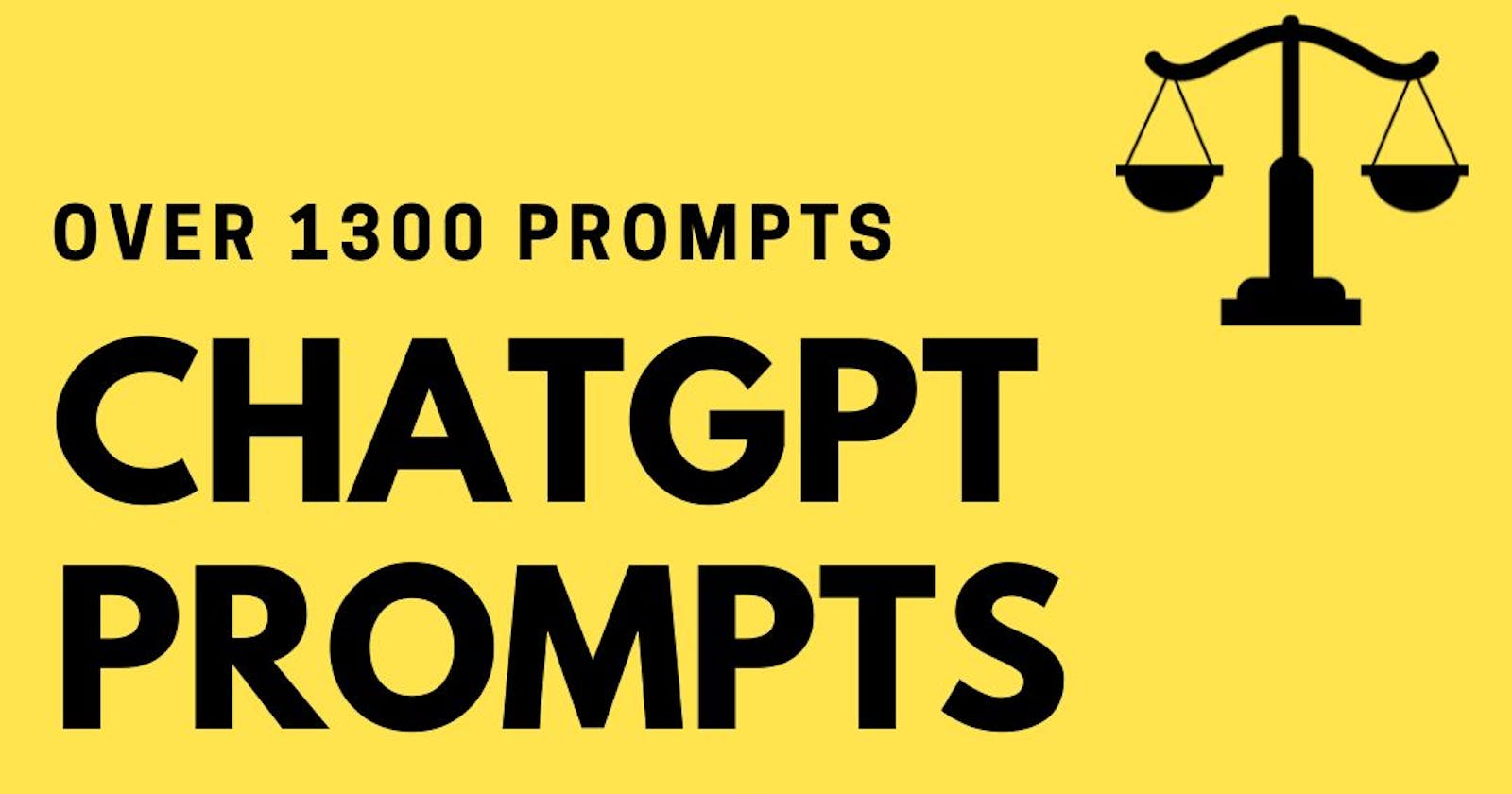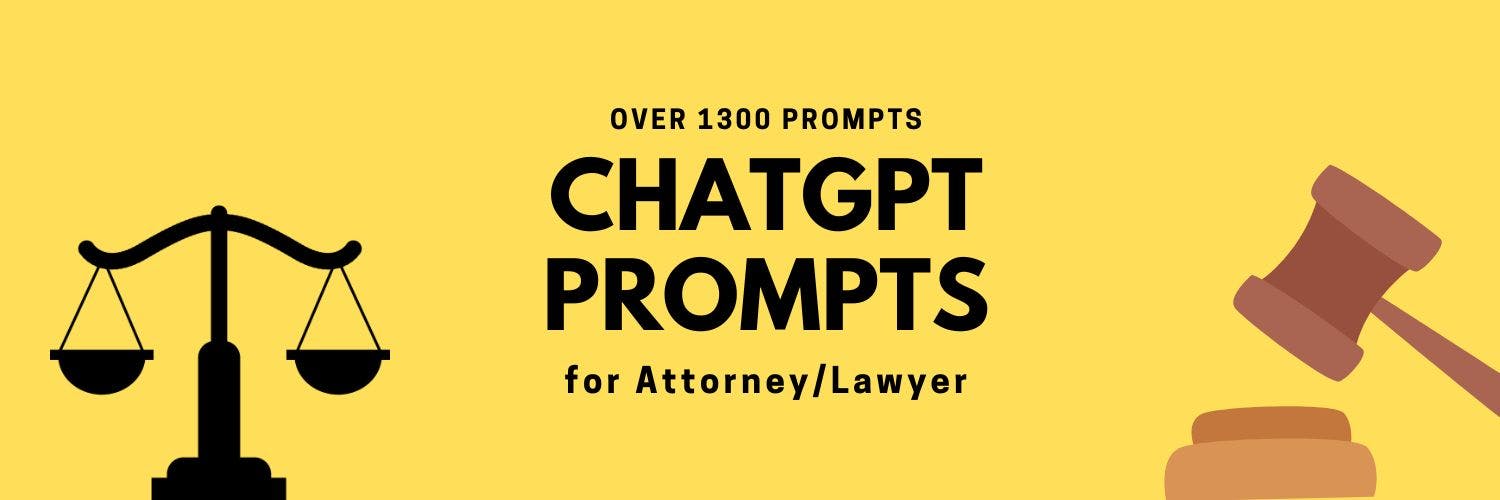In the fast-paced world of law, where research, documentation, and communication are integral components, lawyers often find themselves grappling with mountains of information and the pressure to provide quick, precise, and well-reasoned responses. The advent of artificial intelligence has brought forth a promising solution to these challenges, particularly in the form of AI-powered language models like ChatGPT. ChatGPT, developed by OpenAI, has proven to be a valuable tool for lawyers and legal professionals, offering a myriad of benefits in various aspects of their work.
Understanding ChatGPT
ChatGPT is an AI language model that employs deep learning techniques to understand and generate human-like text. Lawyers can interact with ChatGPT through a natural language interface, making it a versatile tool for legal research, drafting legal documents, answering legal queries, and even automating routine tasks. It's important to note that while ChatGPT is a powerful tool, it is not a substitute for legal expertise but rather a valuable complement to legal professionals' work.
Benefits of ChatGPT for Lawyers
Legal Research Assistance: Legal research is a fundamental task for lawyers. ChatGPT can significantly expedite this process by assisting in the retrieval of case law, statutes, regulations, and legal opinions. Lawyers can input their research questions in plain language, and ChatGPT can provide relevant summaries, citations, and explanations. This can save lawyers hours of sifting through extensive legal databases.
Drafting Legal Documents: ChatGPT can help lawyers create initial drafts of legal documents, such as contracts, pleadings, and memoranda. Lawyers can input the basic details, and ChatGPT can provide a structured document draft, which can serve as a starting point for further customization. This not only accelerates the drafting process but also ensures that documents are comprehensive and well-organized.
Answering Legal Queries: Lawyers often receive inquiries from clients, colleagues, or opposing counsel. ChatGPT can help lawyers generate quick and accurate responses to common legal questions. This can be particularly useful for providing preliminary advice or clarifying legal concepts.
Legal Writing and Editing: ChatGPT can assist lawyers in improving the clarity and readability of their legal documents. Lawyers can input portions of text, and ChatGPT can provide suggestions for revisions, including improved sentence structure, grammar, and legal terminology.
Document Review and Analysis: For tasks involving document review, ChatGPT can help lawyers quickly analyze and summarize lengthy contracts, depositions, or legal texts. It can identify key clauses, relevant terms, and potential legal issues, streamlining the review process.
Automating Routine Tasks: Lawyers often have to deal with routine administrative tasks, such as appointment scheduling, email management, or legal research follow-ups. ChatGPT can automate these tasks, allowing lawyers to focus on more complex and strategic aspects of their work.
Challenges and Considerations
While ChatGPT offers substantial advantages to lawyers, there are some challenges and considerations to keep in mind:
Accuracy: ChatGPT is not infallible and may generate incorrect or incomplete information. Lawyers should always verify the information provided by the AI model.
Confidentiality: Lawyers must be cautious when using AI for legal work to ensure that confidential client information remains protected. Proper data security measures are crucial.
Ethical Considerations: Legal professionals must use ChatGPT ethically and within the bounds of legal and ethical guidelines. AI should never replace the exercise of professional judgment.
Conclusion
ChatGPT has emerged as a valuable tool for lawyers, significantly enhancing their efficiency and effectiveness in various aspects of their work. By streamlining legal research, document drafting, and communication, it can empower legal professionals to deliver high-quality legal services more efficiently. However, it's essential to remember that ChatGPT is a tool to augment, not replace, legal expertise. Lawyers must always exercise their professional judgment, ensuring the highest standards of ethical and legal practice in their work. As AI technology continues to advance, ChatGPT and similar tools are likely to become indispensable aids for lawyers in the ever-evolving legal landscape.

